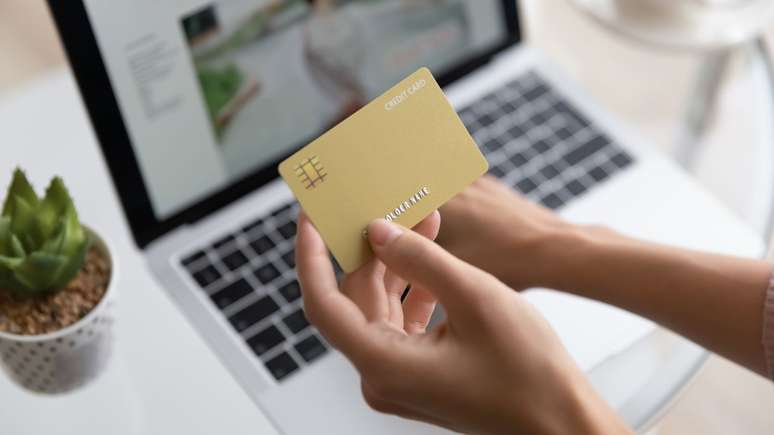The expert reveals the main precautions to protect your data and not fall victim to scams when shopping online
Buying online is practical, fast and easy, which is why many people prefer this method when buying a new product. However, when you shop online it is important to take some precautions to do it safely.
html[data-range=”xlarge”] figure image img.img-0ce37078126b8c3a94ead5df67a22fd03u6m7ce8 { width: 774px; height: 435px; }HTML[data-range=”large”] figure image img.img-0ce37078126b8c3a94ead5df67a22fd03u6m7ce8 { width: 548px; height: 308px; }HTML[data-range=”small”] image figure img.img-0ce37078126b8c3a94ead5df67a22fd03u6m7ce8, html[data-range=”medium”] figure image img.img-0ce37078126b8c3a94ead5df67a22fd03u6m7ce8 { width: 564px; height: 317px; }
To help you protect your personal and financial information, Marcelo Martins, technology director of GetNinjas, a contract services application in Brazil, has separated valuable tips for perform these operations safely.
1. Buy from trusted sites
Opt for well-known and trusted online stores. Make sure the site has a security certificate (https://) and a padlock visible in the address bar. Avoid shopping online from unknown or suspicious websites.
2. Check the reputation of the online store
Consult websites such as Procon, Reclame Aqui, Ebit and Consumidor.org.br, to follow up on complaints and resolve problems involving the store. Social networks are also useful for uncovering potential scams, as consumers often share store experiences and opinions about them.
3. Use strong and unique passwords
Create strong passwords for your online shopping accounts. Use a combination of uppercase and lowercase letters, numbers and special characters. Avoid using passwords that are obvious and easy to guess. Also, use different passwords for each online store you use.
4. Update your security software
Protect your device with a Software updated antivirus. This will help detect and block computer threats such as malware AND phishingFor example.
5. Avoid public Wi-Fi networks
When shopping online, avoid using public Wi-Fi networks such as coffee shops, airports, and shopping centers. These networks can be insecure and expose your personal information. You prefer to shop using a secure and reliable internet connection at home or on private networks.
6. Check the privacy policy
Before making a purchase, consult the site’s privacy policy to understand how your personal data will be processed. Make sure the site protects your information and does not share it with third parties without your consent.
7. Use secure payment methods
Choose secure payment methods such as credit cards with anti-fraud protection. Avoid providing confidential financial information through e-mail or unsafe messages. Also, consider using reputable online payment services like PayPal, which offer extra layers of security.
8. Monitor your transactions
Track your online transactions. Regularly check your credit card or bank statement for any suspicious activity. If you find anything irregular, contact your financial institution immediately.
Source: Terra
Ben Stock is a lifestyle journalist and author at Gossipify. He writes about topics such as health, wellness, travel, food and home decor. He provides practical advice and inspiration to improve well-being, keeps readers up to date with latest lifestyle news and trends, known for his engaging writing style, in-depth analysis and unique perspectives.






![New Day ahead: Clement returned to Lewis’s life … which awaits you from the week of 2025 to August 22, 2025 [SPOILERS] New Day ahead: Clement returned to Lewis’s life … which awaits you from the week of 2025 to August 22, 2025 [SPOILERS]](https://fr.web.img6.acsta.net/img/08/ec/08ec372fefd20ec7c07f981af66f94d8.jpg)

-uvhfh7afm1ir.jpg)
